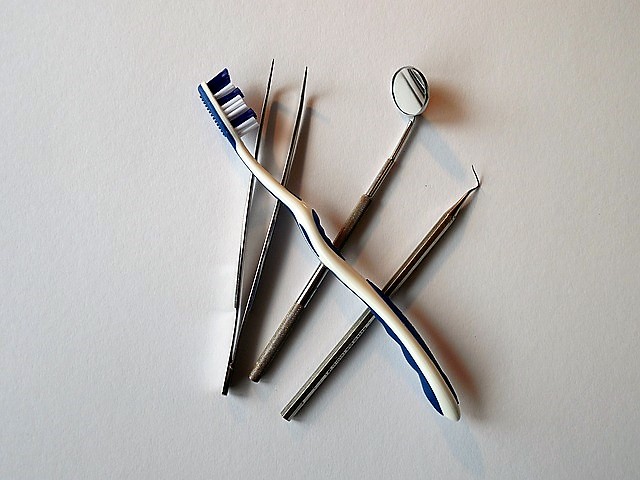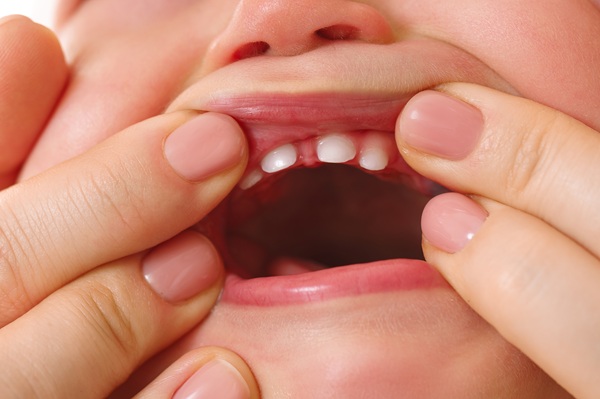Tooth decay is a dental disease that affects many people. Even though teeth are very hard and strong, plaque and acids can cause breakdown of the surface of the teeth over time. Plaque forms on your teeth daily, and it is only removed thoroughly when you brush and floss. Plaque is a sticky film containing bacteria and acid that can cause severe damage to your teeth by breaking through the protective shell called the enamel. Sugars in your diet accelerate this process, as does regular snacking. In this modern age of highly processed food and drinks, many people are finding that tooth decay is becoming a problem for them.
Tooth decay is often completely painless until it is very severe, and if left unchecked, it can lead to painful dental infections and unmanageable damage to the teeth. The first symptoms may be sensitivity to sweet or cold things, as the nerve starts to become irritated by the damaging process taking place. Sensitivity to hot and chewing pressure is often the sign of a well-developed hole in your tooth that may be difficult to fix with a filling alone. In order to prevent tooth decay from becoming severe and unmanageable, it is recommended to visit the dentist a minimum of every six months. X-rays can help your dentist to diagnose the presence of tooth decay very early on so that you can prevent unnecessary discomfort, procedures and expenses.
Some helpful tips to prevent tooth decay:
- Brush twice daily with toothpaste that contains fluoride
- Floss between your teeth or use interdental brushes to remove plaque that the toothbrush cannot reach
- Limit snacking so that acids are not regularly damaging your teeth throughout the day
- Drink mainly water, ideally from the tap
- Try not to consume many processed foods and snacks, as they usually contain hidden sugars and chemicals that can damage teeth



